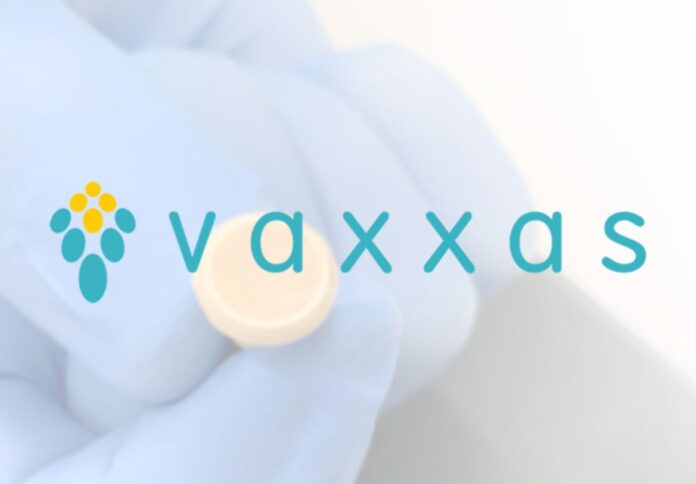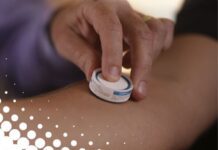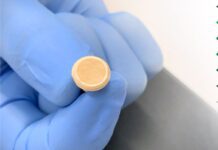
Australian biotechnology company Vaxxas has begun the Phase I clinical trial of the first needle-free COVID-19 vaccine candidate.
Developed using Vaxxas’ high-density microarray patch (HD-MAP) technology, the COVID-19 vaccine patch is based on the HD-MAP delivery of HexaPro, a second-generation version of the spike protein used in all major US-approved COVID-19 vaccines.
Results from preclinical animal studies were completed in July, which determined the potential efficacy of the COVID-19 vaccine patch against all currently known variants of concern.
The Phase I clinical trial will look into the safety and tolerability, as well as immunogenicity of the COVID-19 vaccine candidate in 44 healthy adults, aged 18 to 50 years, who have had three doses of an authorised COVID-19 vaccine, with the last dose taken at least four months prior to participating in the study.
Additionally, the trial will seek to gather reactions related to antibody and T-cell responses to dosing with the patch-delivered vaccine candidate.
“Attaining this clinical milestone and building upon compelling preclinical data, we are excited by the rapid progress of our needle-free COVID-19 vaccine candidate,” said Vaxxas CEO David Hoey.
“Vaxxas’ HD-MAP technology can enable cost-effective distribution without the need for extensive refrigeration, and our vaccination patch offers the potential for self-administration. This may enable an accelerated response in a pandemic situation and broader population coverage,” Hoey added.
HexaPro is a highly stabilised protein capable of mimicking the structure of the spike protein on the surface of the coronavirus to train the immune system to recognise and fight the infection. It is the most advanced spike protein from UTA’s world-renowned vaccine development team, Vaxxas said in its press release.
“At a time when the world is facing more emerging variants of the COVID-19 virus, it’s especially important to continue to build out our arsenal of tools to prevent infection and serious disease,” said Jason McLellan, a professor of molecular biosciences and Welch Chair in Chemistry at The University of Texas at Austin.


















